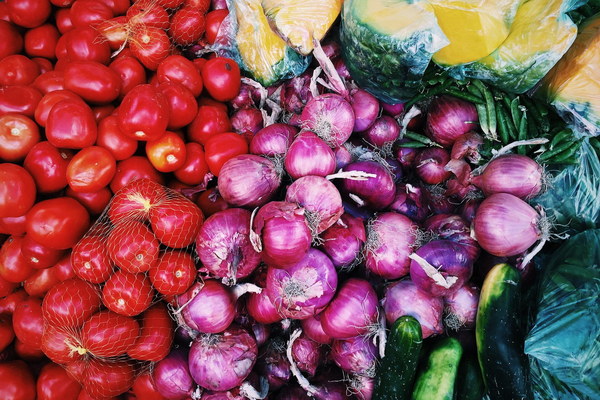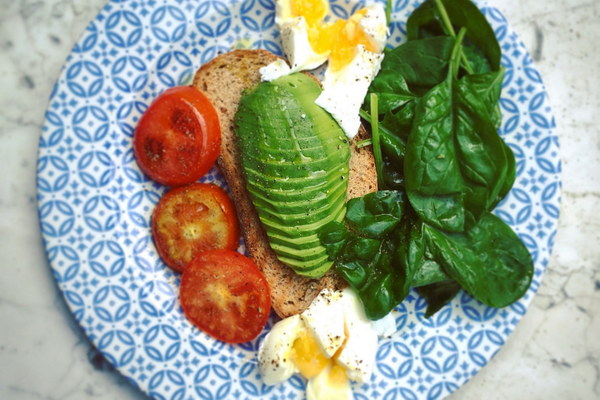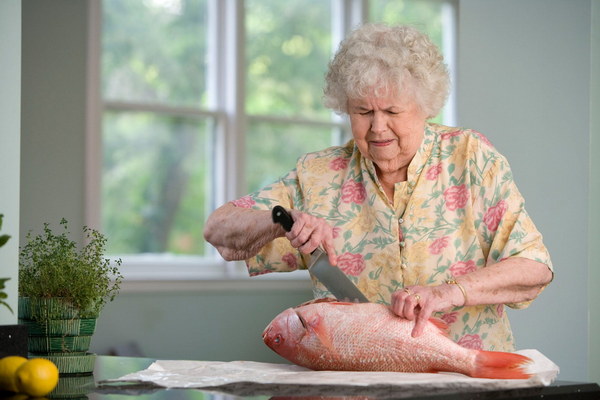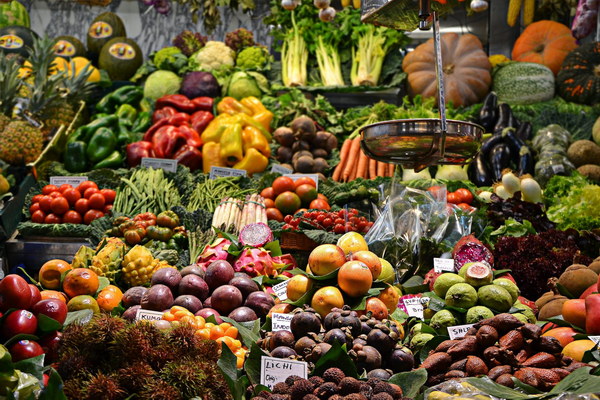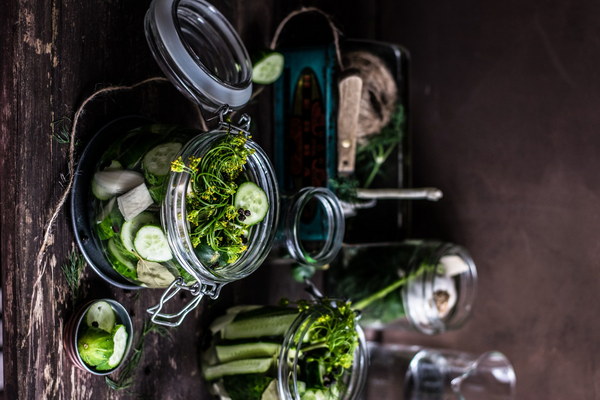Busting the Myth Is Red Wine's Anti-Aging Power Just a Marketing Hype
In recent years, the idea of consuming red wine to combat aging has gained significant traction. Advertisements, articles, and social media posts often tout the benefits of red wine, claiming that it can reduce the signs of aging and improve overall health. However, many question whether this is just a clever marketing tactic or if there is any truth to the claims. Let's delve into the world of red wine and its supposed anti-aging properties to separate fact from fiction.
The belief that red wine can slow down the aging process primarily stems from the presence of resveratrol, a compound found in grapes. Resveratrol has been studied extensively for its potential health benefits, including its role in combating aging. While some studies suggest that resveratrol can have positive effects on longevity and aging, the evidence is not conclusive.
One of the most famous studies on resveratrol was conducted on yeast cells. The research indicated that resveratrol could extend the lifespan of yeast by activating certain genes that regulate aging. However, it is important to note that yeast is a single-celled organism, and the results of studies conducted on yeast may not necessarily translate to humans.
Another study conducted on mice showed that resveratrol could delay the onset of age-related diseases and increase lifespan. However, the amount of resveratrol used in these studies was significantly higher than what a human could consume through red wine. Additionally, it is essential to consider the ethical implications of conducting such experiments on animals.
When it comes to humans, the evidence supporting red wine's anti-aging benefits is mixed. Some studies suggest that moderate red wine consumption may have a positive effect on heart health, which indirectly contributes to a more youthful appearance. However, these benefits are not solely attributed to red wine; they can also be observed with other lifestyle factors, such as a healthy diet and regular exercise.
It is important to note that the potential benefits of red wine consumption may be overshadowed by its negative effects on health. Excessive alcohol intake has been linked to an increased risk of various health issues, including liver disease, certain types of cancer, and cardiovascular diseases. Therefore, any potential anti-aging benefits of red wine should be weighed against the potential risks.

Moreover, the concept of moderation in red wine consumption is crucial. Some studies suggest that a glass of red wine per day may have health benefits, but this is not a one-size-fits-all solution. Genetic factors, overall health, and personal tolerance to alcohol can all play a role in determining the optimal amount of red wine consumption for an individual.
In conclusion, while there may be some truth to the claim that red wine has anti-aging properties, it is essential to approach the subject with a critical eye. The evidence is not yet conclusive, and any potential benefits should be weighed against the risks associated with alcohol consumption. It is more beneficial to focus on proven anti-aging strategies, such as maintaining a healthy diet, exercising regularly, and getting adequate sleep, rather than relying on the mythical powers of red wine.
In the end, the idea that red wine is a magic potion for reversing aging may simply be a marketing ploy. While it is possible that red wine may have some benefits, it is not a guaranteed solution to aging. Therefore, it is best to enjoy red wine in moderation and focus on a holistic approach to health and wellness.
